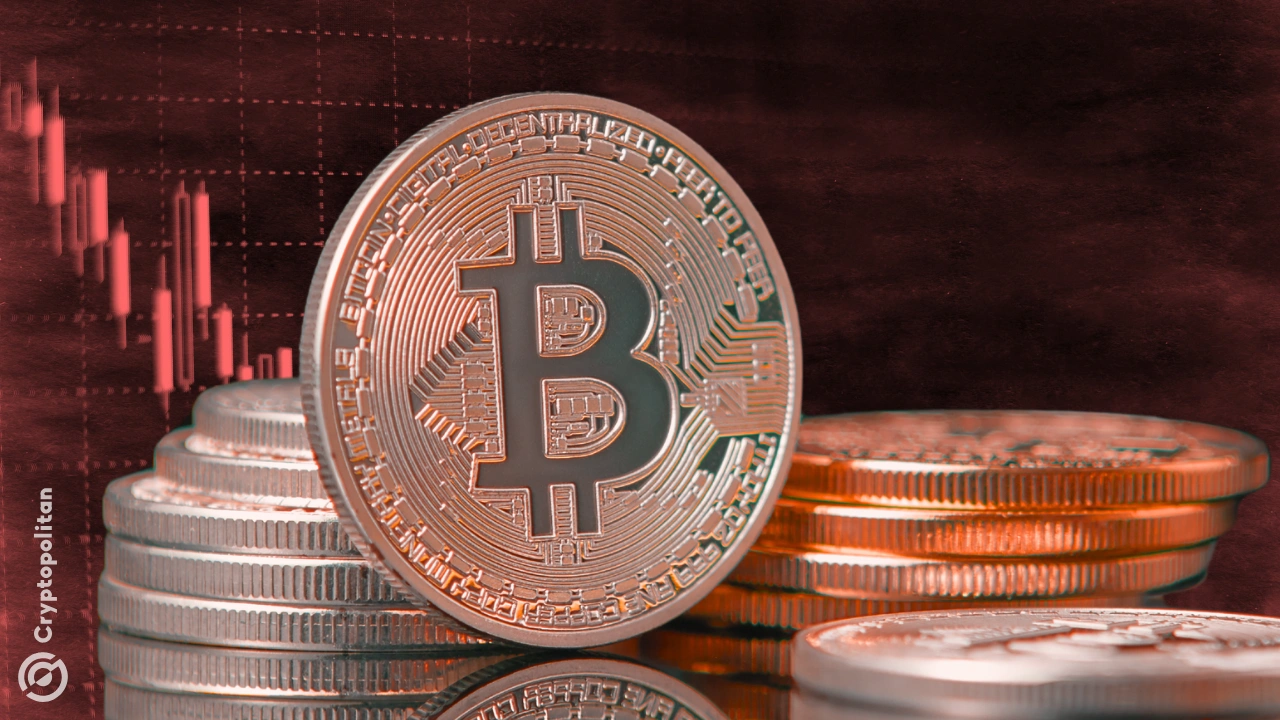Stephen Miran, chief economic adviser to U.S. President Trump, worked to appease major bond investors at a meeting last week after the president's tariff policy sparked drastic turmoil on Wall Street.
People familiar with the matter saidEconomic Advisory Council Chairman Milan met with representatives from top hedge funds and other major investors at the White House’s Eisenhower Executive Office Building last Friday.
Some participants believe the meeting last Friday has taken placeReverse effect, there are twoDescribes Milan’s remarks about tariffs and markets “unorganized” or incomplete, one of themMilan is "unable to do so"。
"[Milan] was asked a lot of questions, and it was at that time when things got worse. When your audience understood a lot, those pre-prepared speech points would be quickly refuted."
Another person familiar with the meeting was encouraged by the government's measures to relax regulation and tax cuts.
About 15 participants included representatives from hedge funds Balyasny, Tudor and Citadel, as well as representatives from asset management companies PGIM and BlackRock. The event was convened by Citigroup and the schedule coincides with the International Monetary Fund's spring meeting.
"Government officials will maintain regular contact with business leaders and industry groups on our trade and economic policies. However, the only consideration guiding the administration and Trump decision-making is in the best interests of the American people," the White House said when asked about the meeting.
Citigroup, BlackRock, Prudential Investment Management, Barriasney, Castle Investment Group and Tudor all declined to comment.
Trump's policies have triggered drastic fluctuations in the U.S. stock and bond markets. U.S. government bonds were sold sharply after Trump announced "reciprocal" tariffs on April 2. The bond market has stabilized as he suspended tariffs for 90 days, but many investors remained nervous.
The yield on the 10-year U.S. Treasury bond was 4.17% on Tuesday, down from its 4.59% high on April 11. The rate of return is in a reverse change relationship with the price.
U.S. Treasury Secretary Scott Bessent also spoke to investors at a closed-door meeting last week. Becente said he expects the U.S. and China to reach a trade deal “in the near future”, and the remarks have driven U.S. stock markets to rise. But China has repeatedly clarified that the ongoing trade negotiations between China and the United States are "fake news."
Participants who met with Milan said thatHe hardly eased attendees’ concerns about market turmoil and firmly upholds the government’s position that tariffs will harm U.S. trading partners more than U.S. consumers.Milan also said the main purpose of tariffs is not to generate income, but additional income may be a benefit.
The Economic Advisory Committee was established after World War II to provide advice to the President on domestic and international economic policies. However, the National Economic Commission is also responsible for coordinating policies.
Before joining the government, Milan wrote an article on the merits of the so-called Mar-a-Lago Agreement, which aims to bring global markets closer to the U.S. trade and geopolitical interests.
In November, he outlined some of his views in a widely circulated report based on the concept that the dominant reserve currency status of the US dollar is a "burden." The measures he mentioned include devaluing the dollar and reaching agreements with U.S. government bond holders to fund defense spending in exchange for U.S. security.
Earlier this month, Milan gave a speech at the Hudson Institute think tank, which did not explicitly call for a new global monetary agreement, but did say that the money market was "distorted" and believed that "providing reserve assets would have unfortunate side effects."
The solutions he proposed include that countries should accept tariffs on U.S. exports without retaliation, or simply “write checks to the U.S. Treasury Department to help us fund public goods globally.”
Bond investors are dissatisfied with this view and the introduction of Trump's tariff policy. Investors say the decline in long-term bond prices and the depreciation of the dollar suggest that the role of U.S. assets as a market haven is under pressure.
A person familiar with the situation said that in a recent meeting with investors,Milan has been keeping a distance from his views in his 2024 report. "He is retreating in full swing," the person said.
















No comments yet